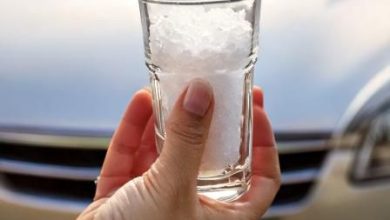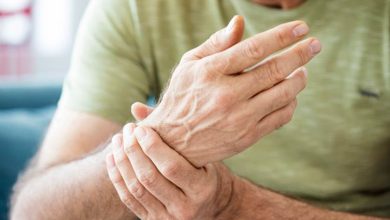Getting up to go to restroom often in the night could be a symptom linked to heart failure, research says
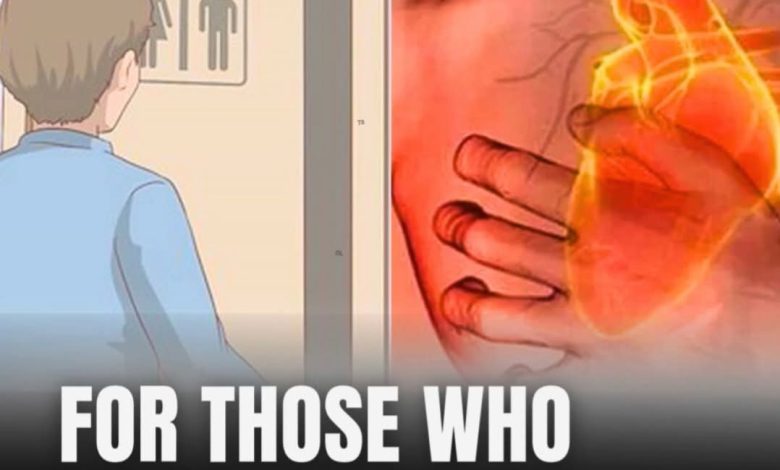
While it’s quite common for people to wake up occasionally during the night to use the restroom, studies suggest that needing to get up too many times might be associated with hypertension [1]. This frequent nighttime urination, also medically known as nocturia, is linked to and can sometimes be an early indicator of congestive heart failure [2][3].
Understanding Why We Need to Urinate at Night
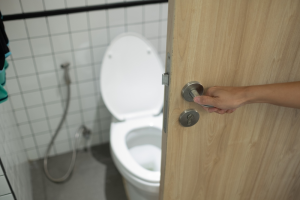
There are several reasons why someone might find themselves needing to use the bathroom more often during the night. These can include:
- High fluid intake: Consuming a large amount of liquids, especially close to bedtime, can naturally lead to increased urination throughout the night.
- Drinking alcohol or caffeine at night: Both alcohol and caffeine are known to have diuretic effects, meaning they can increase urine production.
- Small bladder capacity: Some individuals naturally have a smaller bladder, which may necessitate more frequent trips to the bathroom.
- High blood pressure: As mentioned earlier, research indicates a potential link between frequent nighttime urination and high blood pressure [2],[1].
- Untreated diabetes (Type 1 and Type 2): High blood sugar levels in individuals with untreated diabetes can lead to increased thirst and urination, including during the night.
- Pregnancy: Hormonal changes and pressure on the bladder during pregnancy can result in more frequent urination.
- Water retention: Certain medical conditions can cause the body to retain fluid during the day, which is then redistributed and eliminated at night.
- Sleep apnea: This sleep disorder, characterized by pauses in breathing, can sometimes lead to hormonal changes that increase nighttime urination.
- Benign prostatic hyperplasia (BPH) in men [5]: An enlarged prostate gland can put pressure on the urethra, leading to more frequent and urgent urination, particularly at night.
- Certain drugs: Some medications, “such as diuretics, cardiac glycosides, demeclocycline, lithium, methoxyflurane, phenytoin, propoxyphene, and excessive vitamin D [4],” can have side effects that include increased urination.
The Potential Connection Between Nighttime Bathroom Trips and High Blood Pressure
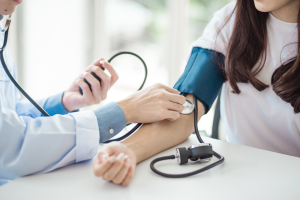
More recently, a study conducted by researchers in Japan explored the possible connection between the frequency of nighttime bathroom visits and high blood pressure [1]. The findings of this study were presented on March 30th, 2019, at the “83rd Annual Scientific Meeting of the Japanese Circulation Society (JCS 2019).”
In this research, a group of 1,882 individuals completed a questionnaire about their health. Among these participants, 1,295 reported getting up to urinate at least once during the night, on average. The study revealed that those who had to urinate at least once per night were associated with a “40 percent greater chance of having hypertension.”
The Role of Salt Intake in High Blood Pressure
In Japan, where this particular study was conducted, there is a significant focus on further understanding the relationship between high sodium intake and elevated blood pressure. The average daily salt consumption in Japan is approximately “10 grams a day [6].” This amount is more than double the estimated worldwide average salt intake, which is around “4 grams per day.”
It is well-established that “excessive salt intake and high blood pressure are key risk factors in the development of cardiovascular disease [7], stroke, and heart failure [8].” Previous research has already indicated a connection between a diet high in salt and an increased need to urinate more often at night [9]. While occasional nighttime trips to the bathroom might be within the range of normal, consistently needing to go “two or more times more may be indicative of your state of health.”
Hypertension itself is a significant risk factor for a wide range of serious health conditions, “including heart disease, stroke, kidney disease, and heart failure.” Considering this information, it is generally advisable to consider reducing or minimizing the consumption of high-sodium foods, particularly those found in packaged and processed items, as a preventative measure. If you are experiencing frequent nighttime urination or have concerns about it, it is recommended to consult with a healthcare professional. Identifying and addressing the underlying cause could be very important for your overall health and well-being.
